$250m from Australia to boost Ukraine defence
Australia will send an extra $250m in military assistance to Ukraine, including air defence missiles and antitank weapons, as part of fresh NATO efforts.
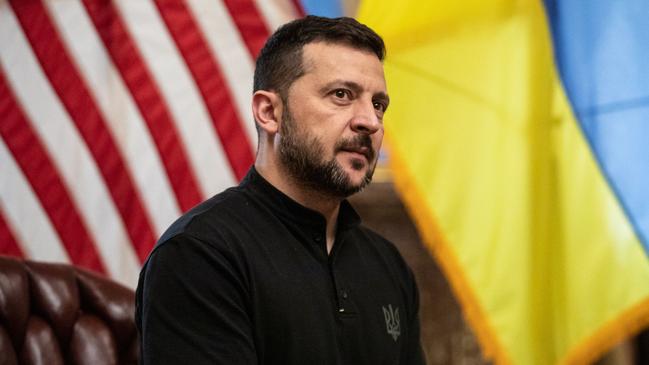
Australia will send an extra $250m in military assistance to Ukraine, including air defence missiles and antitank weapons, as part of fresh NATO efforts to ensure the besieged democracy can end the war on its terms.
Deputy Prime Minister Richard Marles, in Washington for the 75th anniversary of NATO, revealed what will be the nation’s single largest military support package since Russia invaded in February 2022. It brings Canberra’s total military assistance in Ukraine to more than $1.1bn.
Including non-military aid, Australia has provided $1.3bn in assistance.
The news comes after The Australian revealed on Monday the ADF would invest in killer drones for the first time.
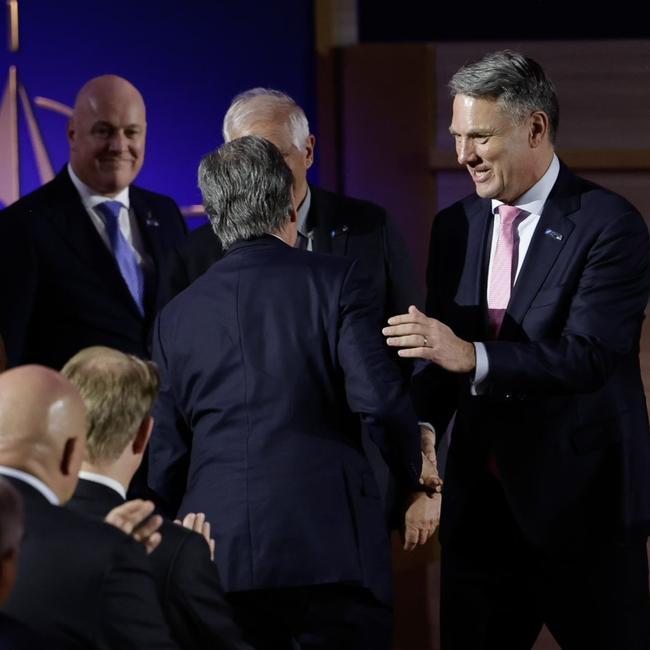
“Australia is proud to stand with its partners at this historic NATO Summit to demonstrate our unwavering commitment to the government of Ukraine,” Mr Marles said in a statement.
Mr Marles, also the Defence Minister, made the announcement in concert with the other Indo-Pacific Four nations – Japan, South Korea and New Zealand.
The IP4 all sent high-level delegations to Washington to co-ordinate additional support for NATO, seeking to aid Kyiv in pushing Russia out of Ukraine.
“The delivery of highly capable air defence capabilities and air-to-ground precision munitions will make an enormous contribution to its efforts to end the conflict on its terms,” Mr Marles said. “Russia’s illegal and immoral invasion of Ukraine stands as an affront to international law and the rules-based order.”
The IP4 delegates are expected to meet Ukraine President Volodymyr Zelensky on the sidelines of the Summit. Included in Australia’s new military aid package are air defence missiles, air-to-ground and antitank weapons, artillery, boots and ammunition.
The ADF helps train Ukrainian soldiers under its Operation Kudu, but a new NATO training initiative will see Australia join in an additional training program.
It will also give Australia access to NATO planning in the conflict and allow Australia to contribute, despite not being a member of the alliance.
Some Australian personnel already working in Europe will move to the NATO initiative.
Mr Marles also earlier signed a “Memorandum of Understanding on the Drone Coalition for Ukraine”, which sees Australia working with the UK, Latvia and other NATO nations to help supply, test and train the use of military drones.
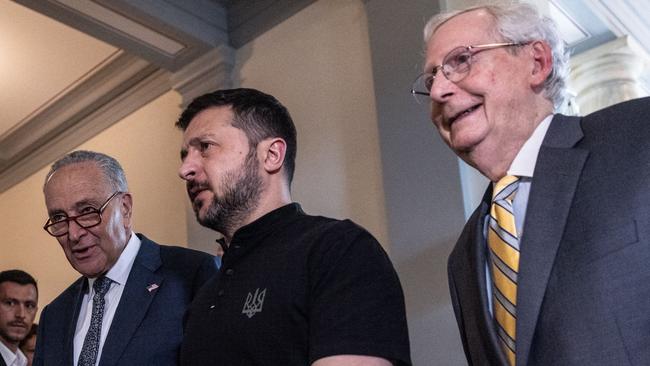
Australia contributed $30m to the drone program in April, during Mr Marles’s visit to Lviv. Co-signing were delegates from Estonia, Denmark, Sweden, the Netherlands, Canada, Germany, New Zealand and Poland, alongside the leading nations of Latvia and the UK
“This was something which Australia was very proud to announce earlier this year,” the Deputy Prime Minister said.
“During my visit to Ukraine earlier this year, we were able to announce additional support for Ukraine, including $30m in funding for uncrewed aerial systems.
“Today’s MOU signing on the Drone Coalition for Ukraine is another important step.”

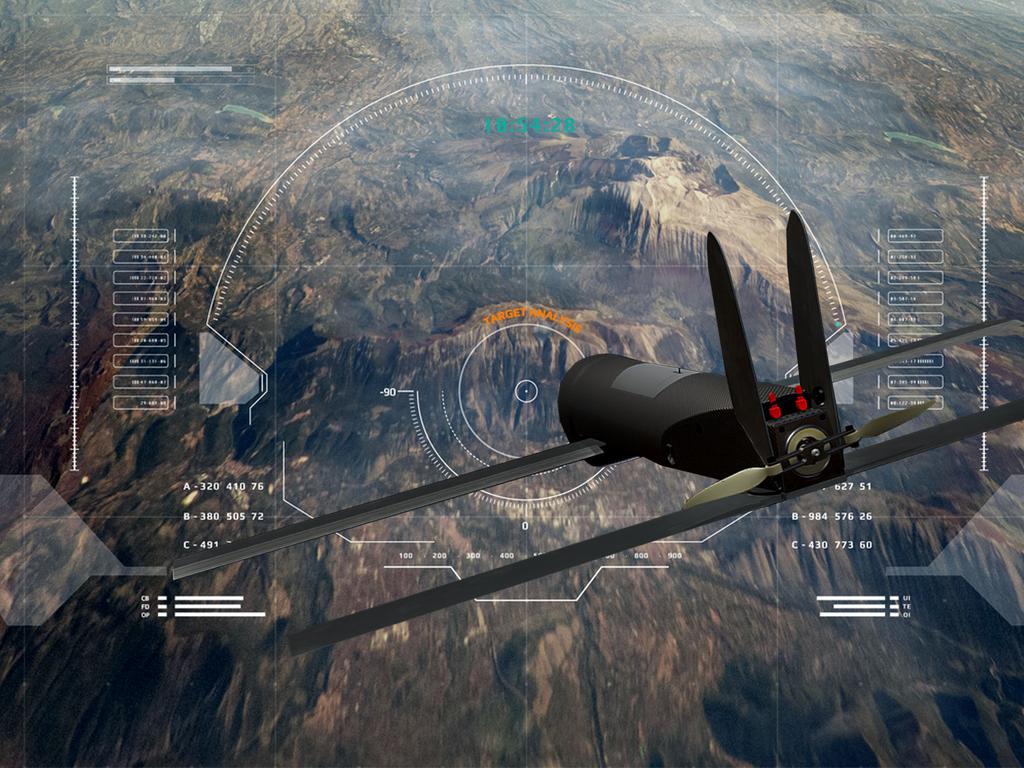
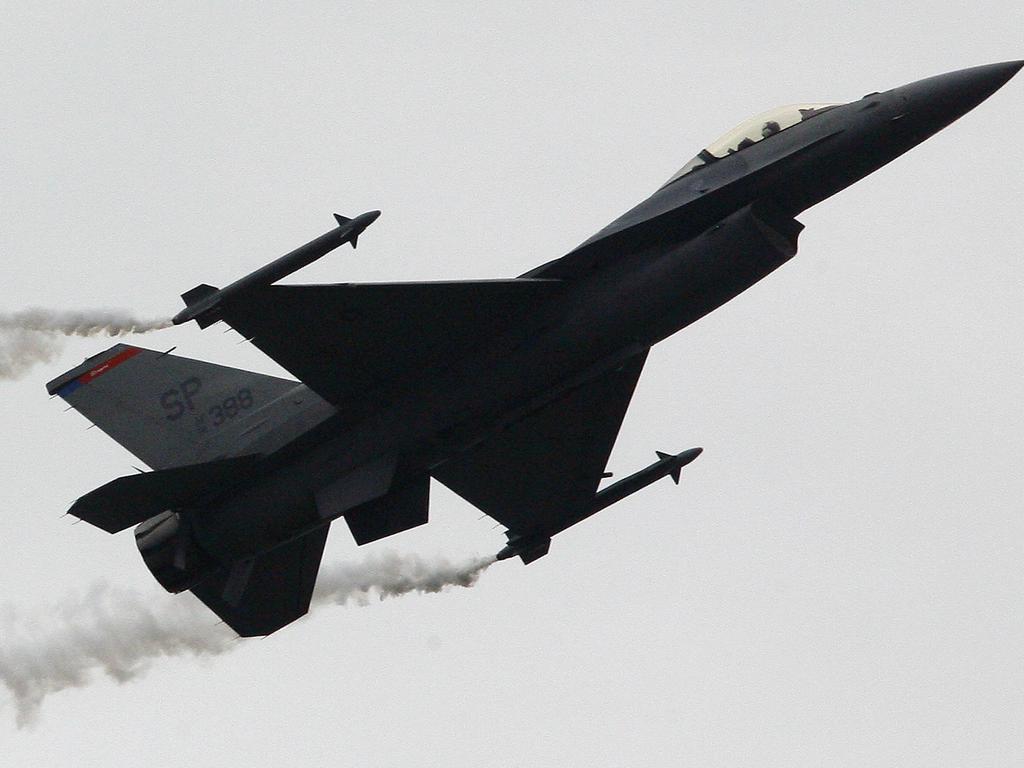



To join the conversation, please log in. Don't have an account? Register
Join the conversation, you are commenting as Logout